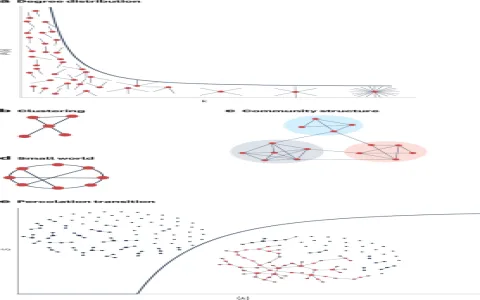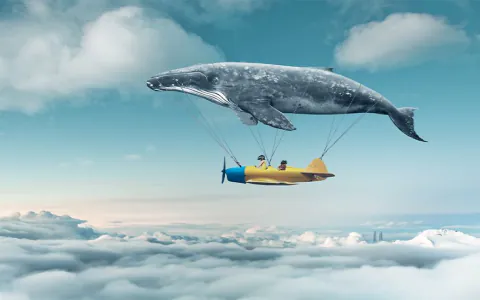Man, let me tell you, working on this topic—”What does a beach mean in a dream?”—was far more complicated than I thought it was going to be. It started totally out of the blue, like most of my deep dives do.
A couple of weeks ago, my buddy Mike was losing his mind. He’s usually rock solid, but he’d been having the same weird, persistent dream: he’s sitting on a beach, everything is calm, but the minute he tries to step toward the water, he wakes up feeling like he just ran a marathon. He called me up, totally stressed, asking if I knew anything about dream meanings, since he knows I tend to read a lot of oddball stuff.
I told him I was no shrink, but I could definitely dig around and see what the real deal was. I figured it would take an hour of Googling and I’d send him a quick list. Nope. Not even close. I spent four days on this thing.

The Messy Process of Hunting Down Real Answers
First off, the internet is flooded with junk. Seriously. I typed in “beach dream meaning,” and got a thousand sites telling me it meant I was going on vacation, or maybe I needed more sunscreen. That’s useless. I needed something concrete, something that tied back to the fundamental ideas of psychology, not just a bunch of feel-good nonsense.
So, I abandoned the search engine rabbit hole pretty quick. I went straight to the source material. I actually pulled out a box of old books I hadn’t touched since college—a bunch of dusty Jung and Freud texts, plus a few modern interpreters who actually make sense. My mission was to strip away the jargon and find the core concepts that everyone agrees on.
I spent an entire afternoon just wrestling with the concept of the boundary. That’s what a beach is, right? It’s the place where the conscious world (the dry land, the sand) meets the unconscious world (the ocean, the emotional depths). This was the breakthrough. Most amateur interpretations miss this completely. They focus on the visual, not the symbolic function.
I started mapping out the common elements that kept popping up in the serious literature:
- The Sand: Always about reality, stability, foundations, and what you know. If you’re stuck in the sand, you’re stuck in your current reality.
- The Ocean/Water: Always about emotion, the unknown, and your deep subconscious feelings. How the water looks—choppy, calm, clear, murky—tells you how you’re dealing with those emotions.
- The Horizon: Transition, possibility, the future.
This gave me the framework. Then came the hard part: simplifying it down to something Mike—or anyone else who dreams about a beach—could understand instantly without needing a PhD.
Simplifying the Complexities and Recording the Interpretations
I started drafting interpretations based on the most common scenarios people report. I didn’t want to just list “beach equals transition.” I wanted to explain why it equals transition and what kind of transition it is based on the dream’s mood.
I found three major categories that covered about 90% of the dream reports I read through in the case studies:
1. The Transition Zone (Boundary Issues):
If you are standing right on the edge, or the tide is going out, you are probably dealing with a big decision. You’re trying to figure out if you should jump into a new emotional state (the water) or stay safe (the land). I kept this simple: The beach is your personal waiting room before a big life change.
2. The Emotional Reckoning (The State of the Water):
If the dream beach has huge waves and a storm, you aren’t relaxing; you are probably overwhelmed by your feelings. If it’s perfectly calm and glassy, you’ve mastered your emotions, or maybe you are emotionally flat. I boiled this down to: Look at the water—it reflects your current mood’s volume.
3. Rest and Reset (The Escape):
If the dream is purely about lying on a towel, sunbathing, and feeling zero pressure, it’s often a direct message from your brain saying, “Dude, you need a break.” It’s less symbolic and more straightforward maintenance. I summarized this as: Your unconscious knows you’re tired and is trying to force you to take a vacation.
Once I had these three buckets, I went back and rewrote every explanation five times to make sure the language was as easy as possible. I made sure to include examples for each scenario, like Mike’s dream: he’s safe on the sand, but terrified of stepping into the water—that’s a clear boundary issue, a major fear of moving into the unknown emotional future.
The entire goal of this practice was to take these massive, complex psychological concepts—the collective unconscious, individuation, conscious reality—and translate them into actionable, simple advice. I wanted people to read it and say, “Oh, I totally get why my brain is showing me this.”
So yeah, it started with a stressed-out friend and ended with me digging through ancient symbols, but now I’ve got a clear, practical guide. And the best part? I explained Mike’s dream to him using these simple points, and he actually calmed down. Knowing why he was dreaming about the beach seemed to solve half the problem. That’s why I share these deep dives—the practical application is always the payoff after all that wrestling with the theory.












